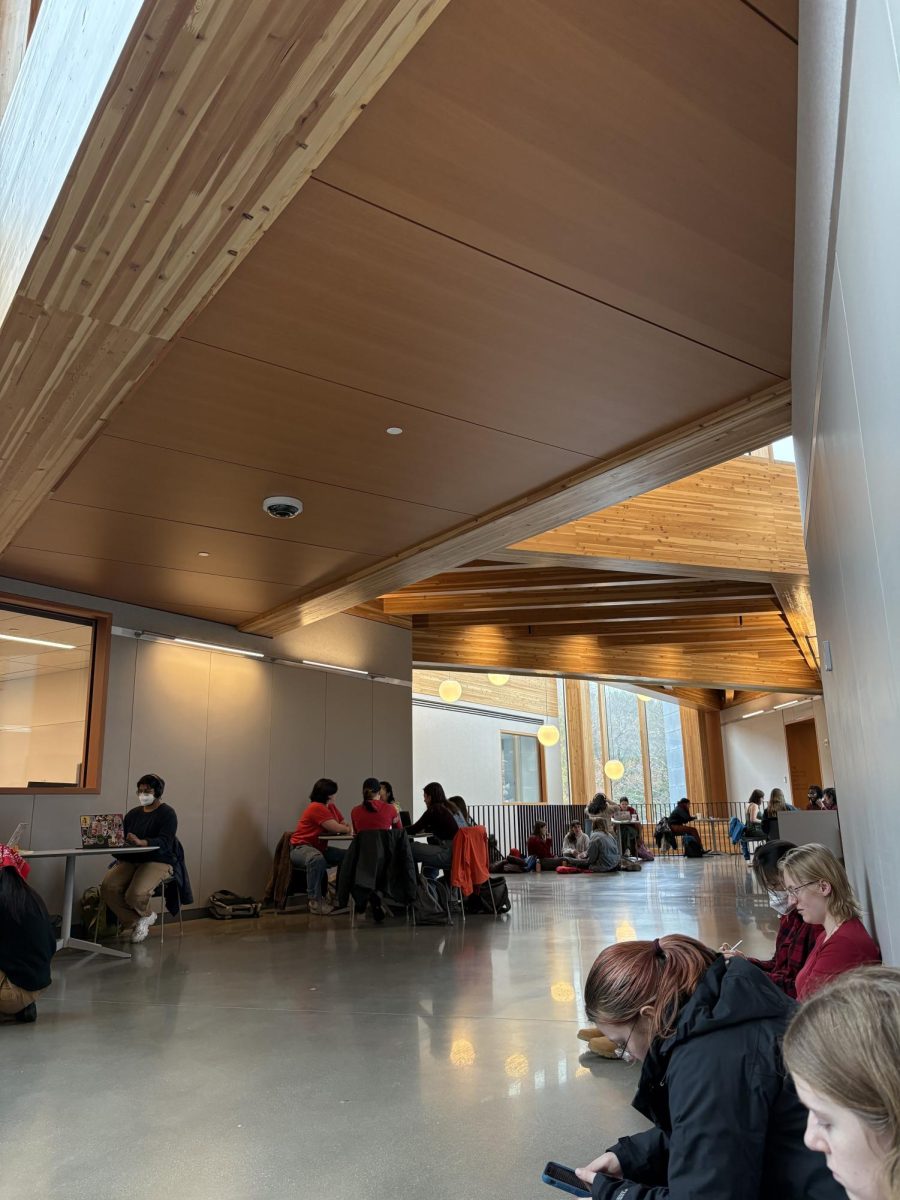Wellesley Organized Academic Workers (WOAW) and the College met this Monday, April 7, to discuss core issues of workload, compensation and reappointment. The Union expressed concern about the College’s lack of transparency regarding their reasoning for the proposed workload increase. The College renewed their call for a neutral mediator.
Mediation
According to Provost and Dean of the College Courtney Coile’s most recent email to the Wellesley Community on Monday, Apr. 7, the College issued a “new and urgent call” to the union for mediation. They claimed that the College first proposed mediation on March 26, which the Union then refused. The College further stated that a mediator could progress negotiations by “engaging in ongoing ‘shuttle diplomacy’” between WOAW and the College.
The Union did not agree to mediation. In WOAW’s email update sent on Apr. 7, they argued that a third party would not be able to answer the College’s positions on the teaching structure at Wellesley or non-tenure track base salaries.
However, the College stated that mediation is appropriate after 27 bargaining sessions and a nine-day strike.
Five-course load proposal
The College proposed a five-course annual workload for non-tenure track faculty, the current workload of Wellesley’s visiting lecturers. The College justified this proposal by emphasizing the differences between non-tenure track and tenure-track faculty, including extensive research and service requirements. The College said that this workload also aligns with peer institution standards.
Four-course lecturers currently have the option to continue teaching four courses with a total 15 percent salary growth over four years.
The Union claimed the College failed to answer the Union’s direct question: “What problem are you trying to solve by increasing the teaching load?” The Union argues that they oppose any workload increase, especially one made without a clear rationale.
The Union views this proposed workload increase as devaluing teaching and student mentorship, given the centrality of non-tenure track faculty in student life.
Compensation
The Union has proposed a $2.9 million increase in compensation, which they state represents approximately 1.1% of the College’s total budget. In contrast, the College has offered a $663k increase — equating to roughly 0.25% of the total budget.
In their Apr. 7 email update, the College emphasized that their proposal included a 31% salary increase spread over four years, with an average raise of 8.5% in the first year alone. The administration argues that this offer reflects market standards and represents a significant investment in faculty and staff.
However, the Union argues that the College’s offer remains inadequate and does not meet the financial needs or recognition deserved by its members.
The College, in turn, has expressed concern over the Union’s rejection of their offer without presenting counter-proposals on what it calls “core issues.”
Educational disruption and accreditation
The Union has sharply criticized the College’s fallback grading plan of having students enroll in other classes to earn 0.5 units of academic credit for the rest of the year, calling it “disastrous” for students. They warn that implementing such a plan could result in long-term academic harm, especially for graduating seniors and disciplines that require cumulative instruction.
The Union wrote in their Apr. 7 email update, “The College’s reticence to settle a fair contract directly undermines our students. Seniors’ job prospects will be marred by these artificially low grades. Continuing students will have only ⅔ of the education they need to progress in their majors. How could a student succeed in Chem 205 if they’ve only finished ⅔ of Chem 105?”
The College’s most recent communication did not address concerns about the accreditation policies raised by the Union.
Union’s calls for support
The College claims that, despite presenting a consolidated 84-page contract with 26 articles, the Union refused to negotiate on workload and compensation, instead reiterating its opposition to proposed changes.
The Union, however, argues that the administration is exploiting traditionally women’s work while claiming to empower women.
Additionally, the Union asserts that the college’s proposals would fundamentally alter Wellesley’s identity and damage the long-standing faculty-student relationship that defines the College. They point to previous proposals, such as the introduction of the “Master Lecturer” title and the College’s refusal to include protections against discrimination based on marital status and reproductive health as further examples of the administration’s disregard for the values Wellesley claims to uphold.
In their final call to action, the Union urged students, alumni and parents to stand in solidarity. “We ask alumni to support our cause by not crossing the picket line, and we encourage parents to contact the administration to voice their concern. This fight is about preserving the heart of Wellesley for future generations,” the Union wrote.
Contact the editors responsible for this story: Galeta Sandercock and Valida Pau.




